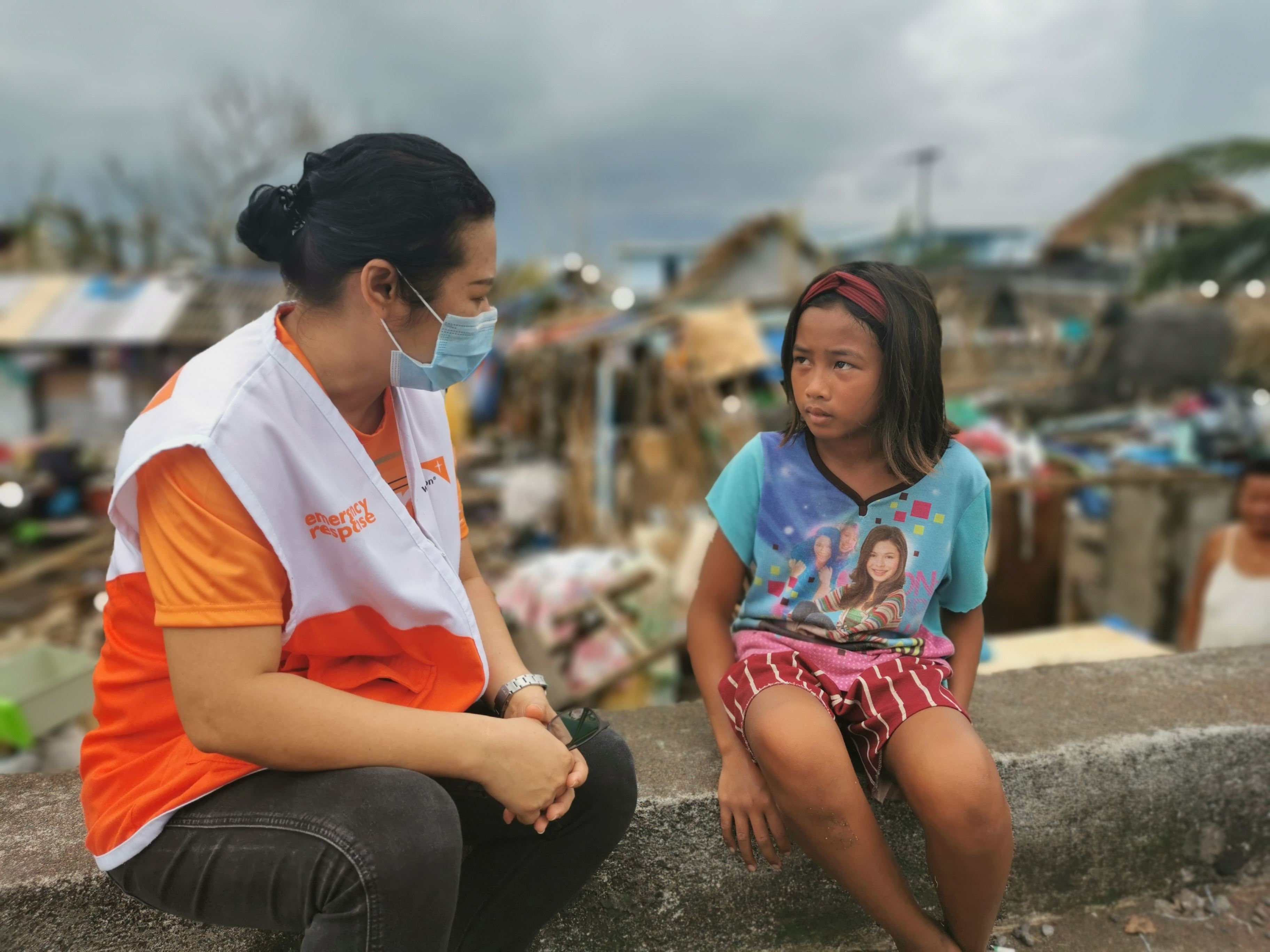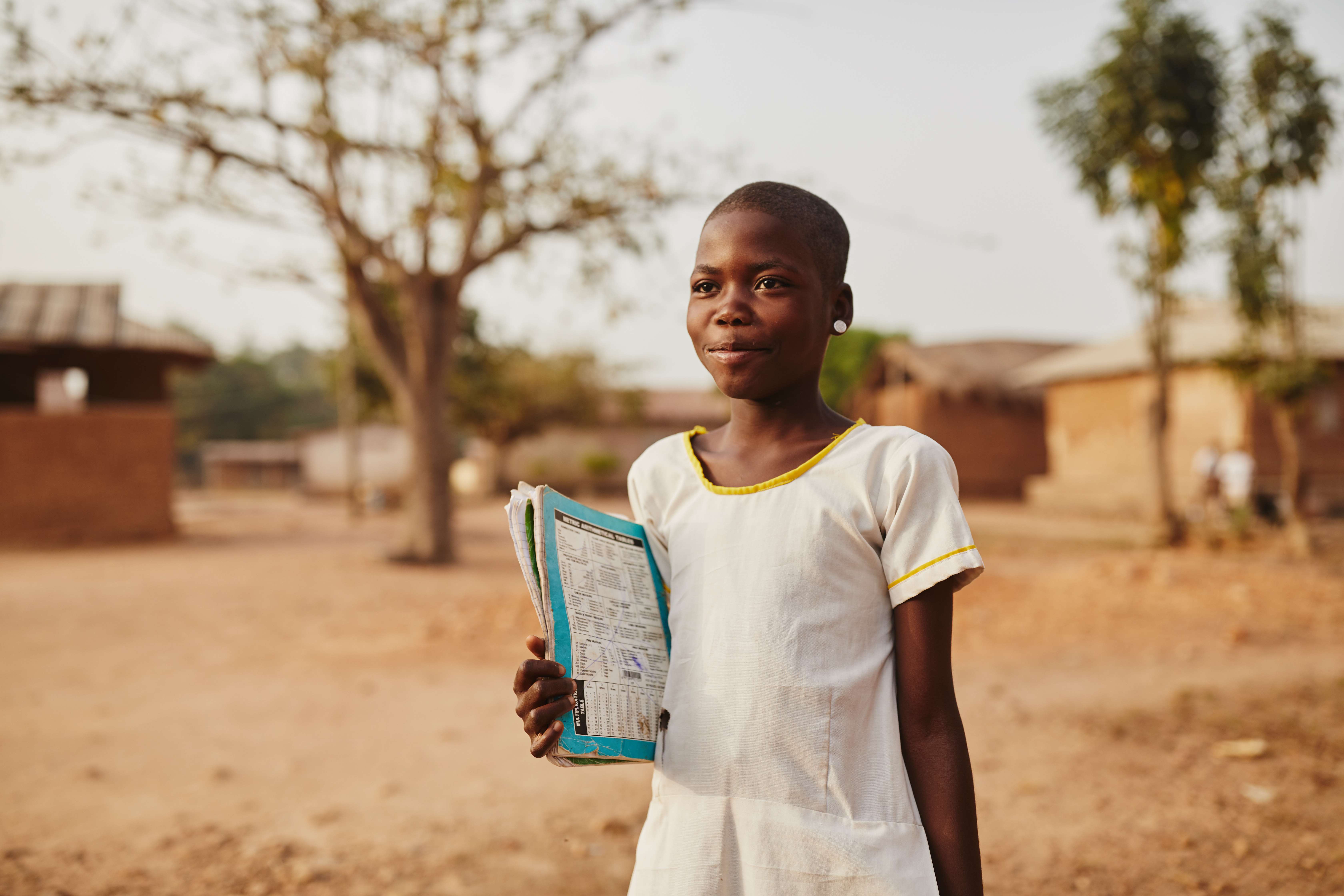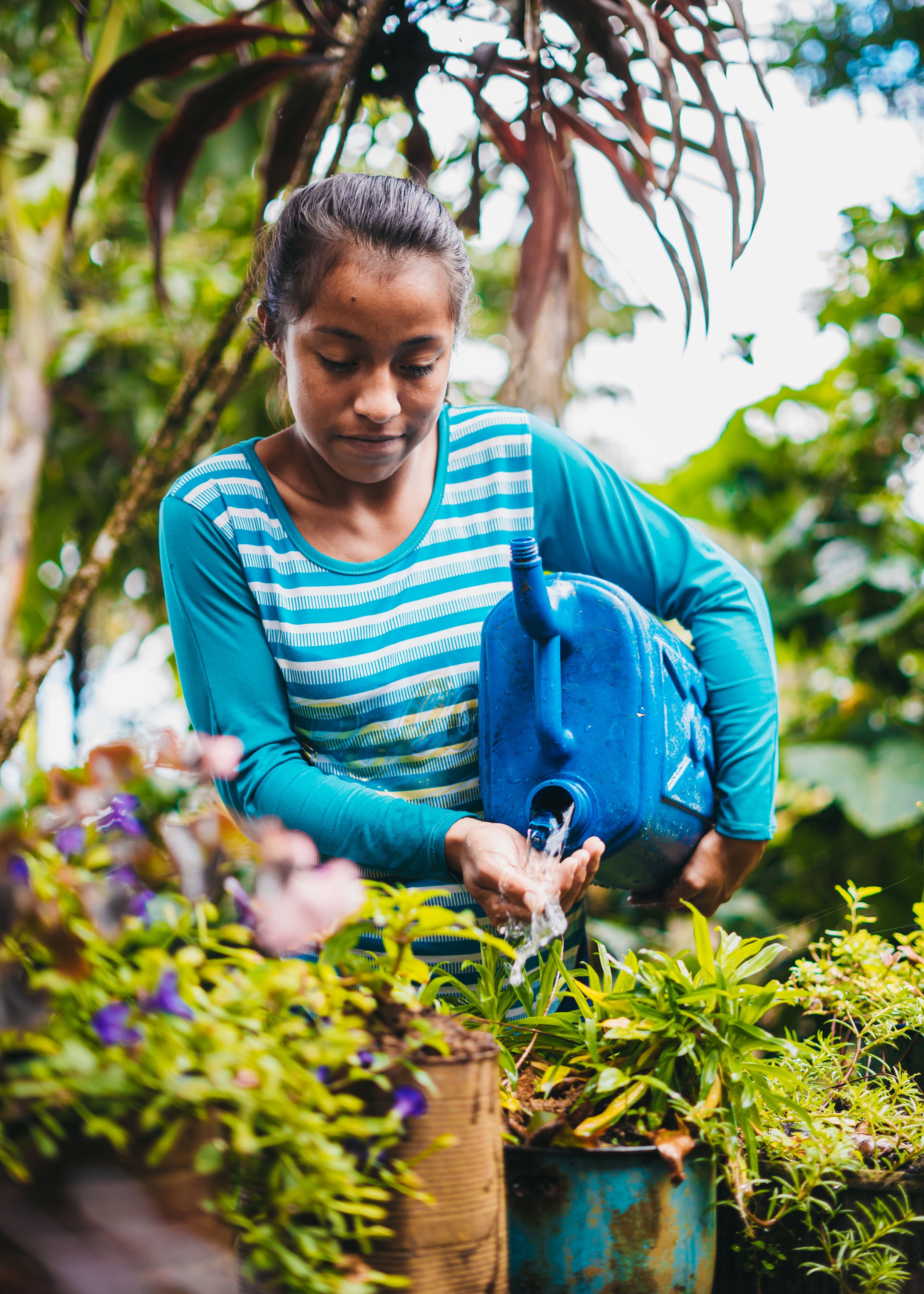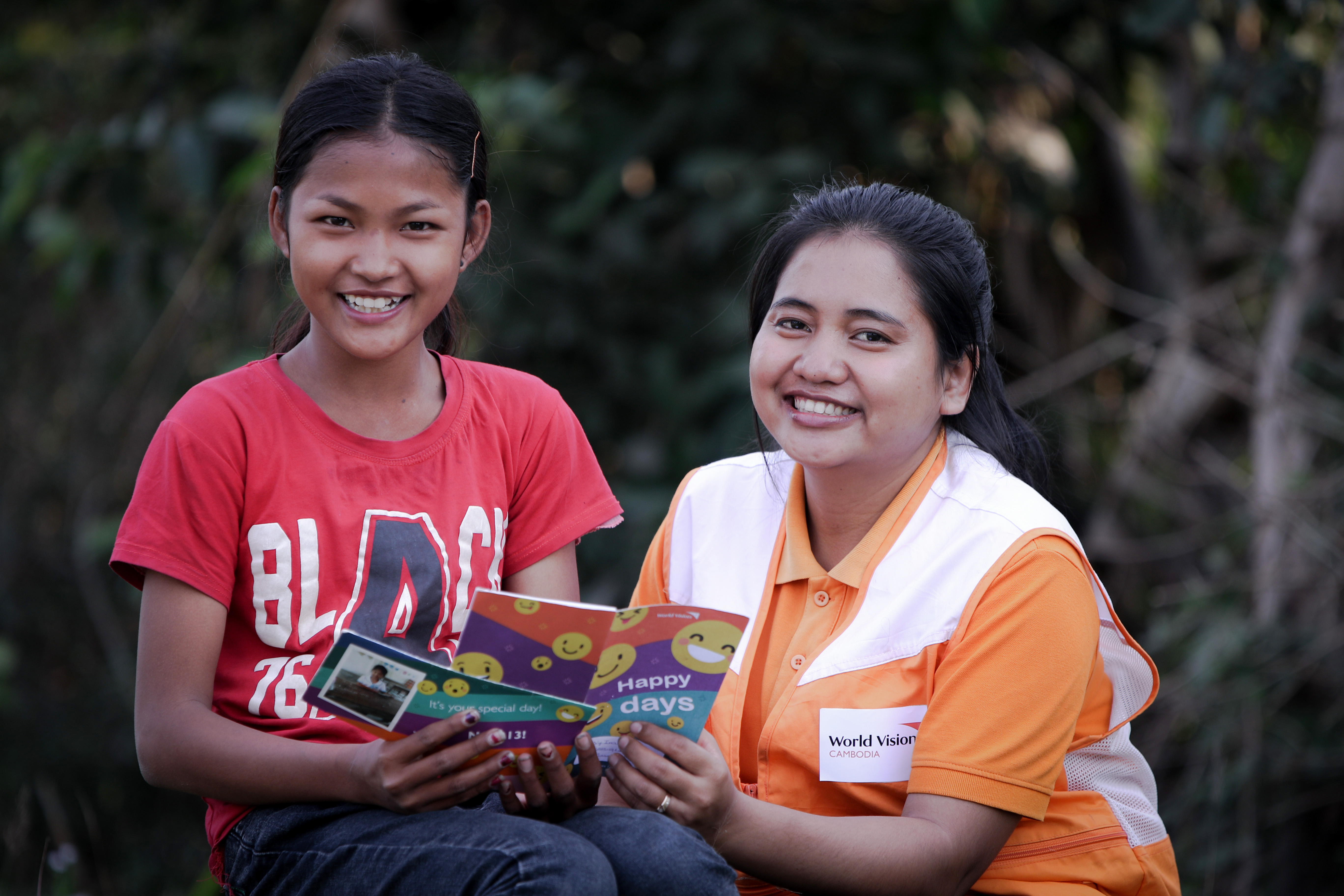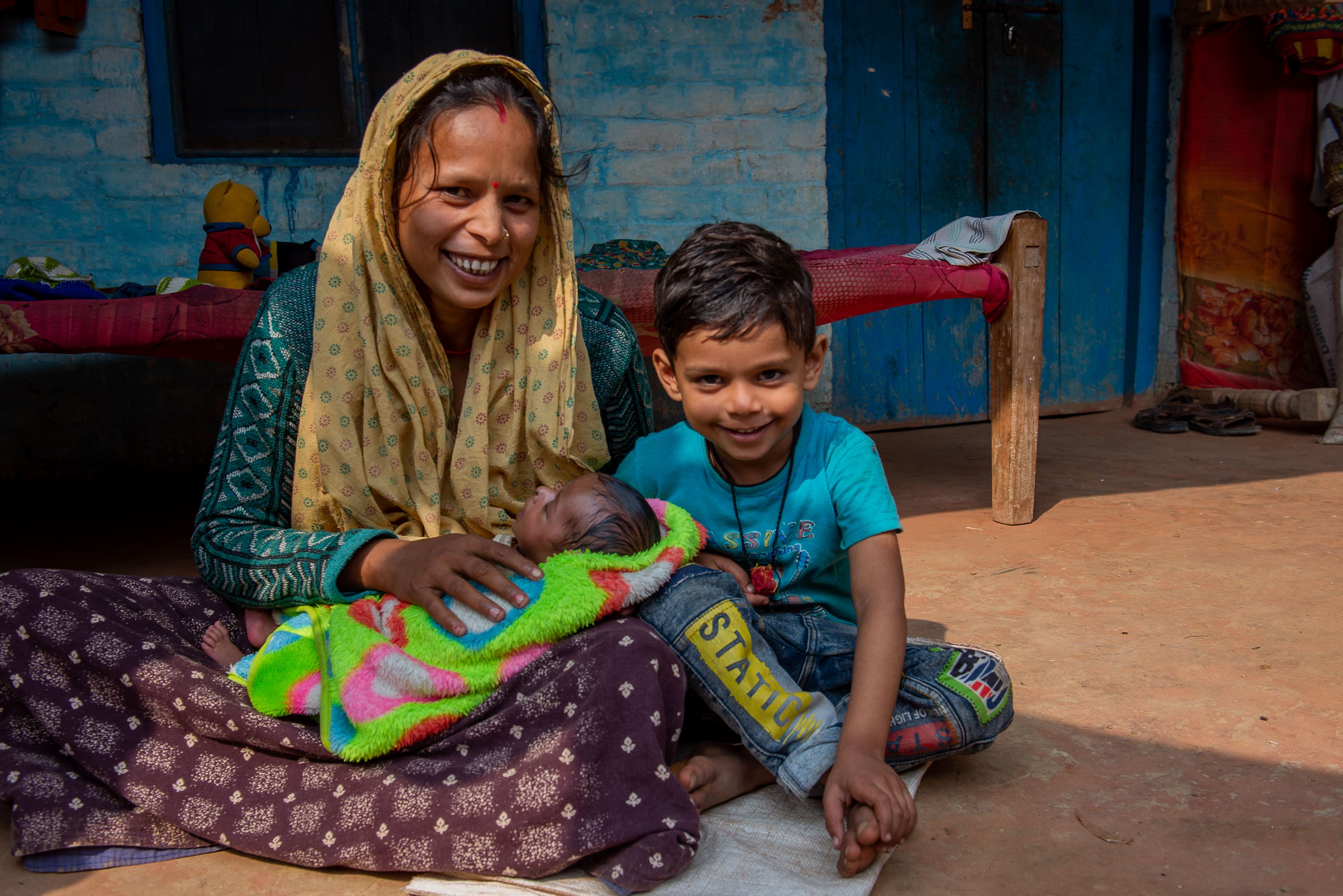
How to talk to kids about poverty
Tips on explaining complex issues like war, poverty and deprivation to kids.
Poverty. War. Famine. Disease. These are incredibly complex issues to understand as an adult, let alone for a child. But this era of social media and instant news means our kids are more exposed to these global realities than ever before.
Our kids have lived through the instant news coverage of COVID-19, the outbreak of war in Ukraine, political instability in many countries, gun violence, famine, increased poverty, countless natural disasters and other tragedies.
The sheer magnitude of the suffering can be overwhelming, even if you live far away from where it’s happening. Talking about these issues with kids can be tough, but it can also be a great opportunity to help reassure them of tomorrow, foster empathy, and show them how they can be part of the solution.
Here are some tips on how you can engage kids in conversation about poverty and other difficult topics like war and disease.
1. Give them age-appropriate information

Poverty is a difficult concept for a child to understand. But from a young age, even without travelling far, children are likely to be see poverty first-hand, whether it’s a child who often goes to school without lunch, or a homeless person in the street.
According to Psychology Today, by the time children enter preschool, studies have shown that they are aware of differences between the rich and the poor.
When a child sees inequality and begins to ask questions, provide information that they can understand, without being traumatic.
A seven-year-old may not be old enough to understand the complex economics of how a nation is in poverty or why children are trafficked, but they can grasp why some families may not earn enough money to buy food or have a home to live in, how education and future income are often linked, or how life doesn’t always go to plan for people.
2.Don’t feel like you need to have all the answers

It can be tempting to avoid some of these difficult conversations for fear of getting it wrong! When you’re dealing with complex issues like poverty and war, you might not feel entirely sure you’ve got all the answers.
But psychologist and parenting author Dr Justin Coulson points out that it’s not just okay for parents not to have all the answers – it’s actually important for kids to have the freedom and your support to discover their own answers.
It’s okay to say so when you don’t understand why something happens, or how it could be different. Try answering with what you do know and use it as a learning opportunity for you and your kids: research the issues together and continue the conversation.
3. Allow space for emotions

At some point, every child will hear or see something that upsets them. As much as we want to protect our kids from hurt, parenting blogger Terri Huggins Hart points out that seeing and talking about difficult realities is an important way that children can develop empathy and emotional intelligence.
Make space for them to feel upset or sad, but also be willing to step in and ask for professional help if you find your kids are feeling anxious or overly upset.
4. Avoid Stereotypes

The words we use when we speak to our kids about big issues like poverty are important. According to Psychology Today, by the time children complete primary school what they believe about wealth and poverty mirrors adults stereotyped beliefs – including that people living in poverty are to blame for their situation.
You can do this by avoiding talking about wealth as a choice – for example, saying “we have a nice house because we work hard,” ignores the fact that many people all around the world work hard but continue to live in poverty because of systems and structures that hold them back.
Similarly, instead of referring to “a homeless person” or a “poor person”, phrases like “a person who is homeless” and “people living in poverty” describe a person’s circumstances, not their individual characteristics.
Psychologist Dr Erlanger Turner says it can be helpful to explain how poverty isn't the result of the person doing something wrong; it's their situation, the lack of resources, and the class system of the society that are usually the main causes.
5. Find ways to be part of the solution

It’s easy for kids – and adults – to be overwhelmed by suffering and tragedy. Psychologists suggest helping your kids find a way to be part of the solution as a positive way to demonstrate hope, foster compassion, and stop kids from feeling helpless when they are confronted with global issues.
Sponsoring a child and writing letters to them is a unique opportunity for kids to personally connect with a child living in a different place or circumstance. It creates a personal connection and a learning opportunity for children to explore some of the challenges another child faces and to find out about global issues and how they impact a real person.
Or find opportunities in your local community to be part of fundraisers, volunteer at a local soup kitchen, or write letters to their local or national government representative to advocate for an issue they care about.
Become part of the solution
Sponsor a child today to transform their life and their entire community.
Sponsor a child
